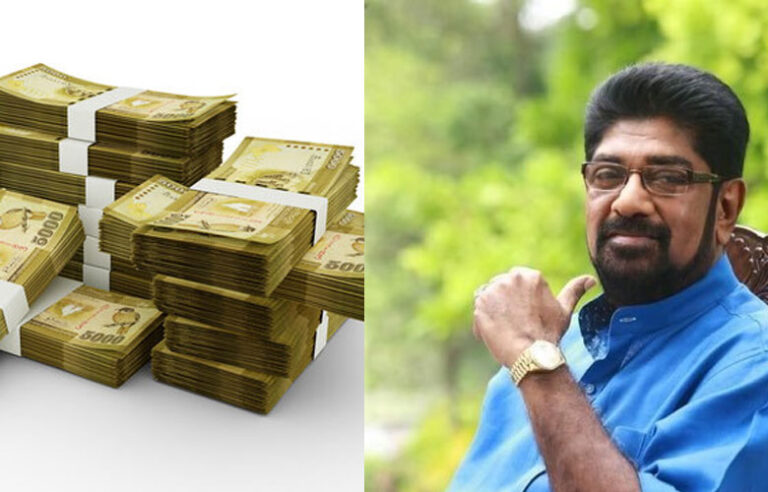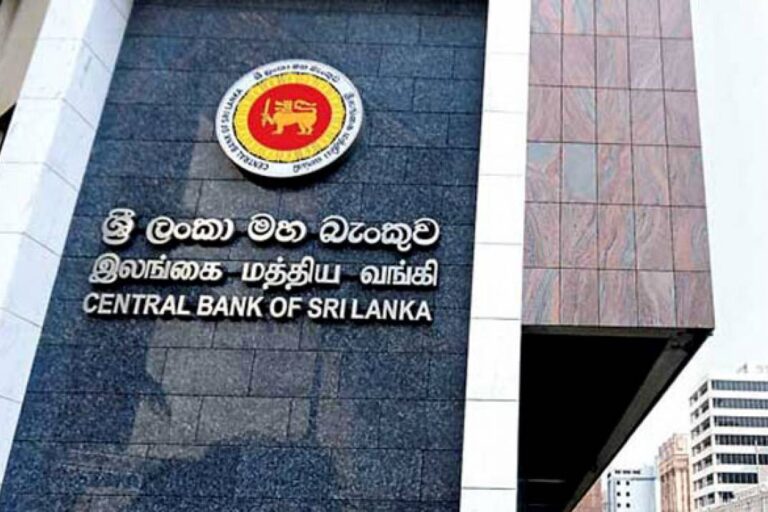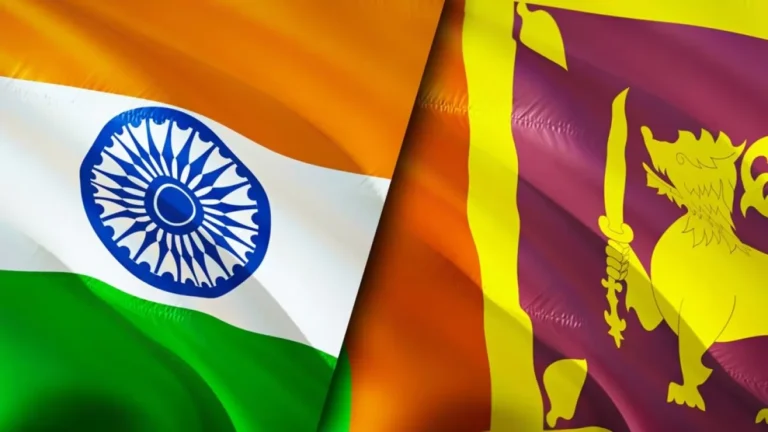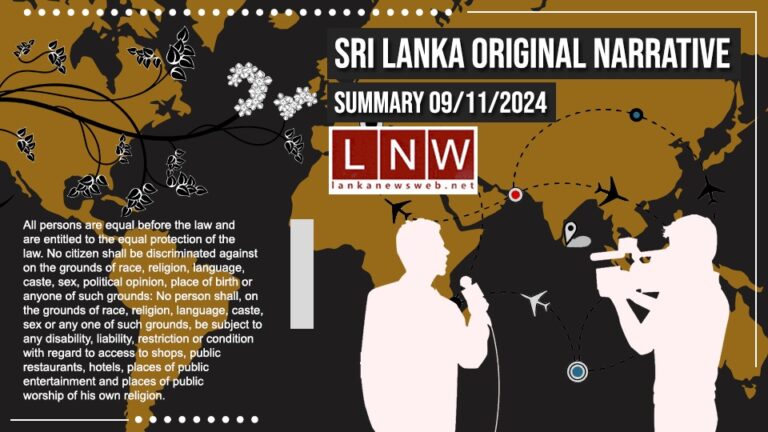November 09, Colombo (LNW): The Ministry of Education, Science, and Technology has issued a special circular on the use of social communication tools like WhatsApp, Viber, and Telegram for educational and communication purposes in schools. The circular, signed by Ministry Secretary Thilaka Jayasundara, was distributed to school principals and education authorities, emphasizing guidelines to mitigate the adverse effects of social media use among students.
These communication platforms, initially adopted to address educational gaps caused by the COVID-19 pandemic, remain widely used among students. However, recent reports highlight concerns about potential negative impacts. To address these issues, the Ministry outlined the following key instructions:
- Supervised Communication Groups: School administrators, such as principals and section heads, must maintain quality and oversight of educational groups, ensuring proper supervision as group admins.
- Maximized Classroom Time: Teachers are encouraged to utilize school hours to cover the syllabus through in-person learning rather than relying on communication groups.
- Inclusivity in Education: Communication tools should be used in ways that do not disadvantage students lacking technological resources.
- Parental Communication: Parents should be notified well in advance, using communication groups only for reminders, especially regarding materials required for primary school students.
- Limited Home Assignments via Social Media: Assignments should be clearly explained in class, avoiding unnecessary reliance on parents or family members for completion through social media.
- Respecting Student Privacy: No media that could harm student privacy or cause mental stress should be shared within these groups; violations will incur strict disciplinary action.
- Accountability for Informal Groups: Administrators of any informal groups are fully responsible for preventing damage to the school’s or community’s reputation.
The Ministry warned that legal action, as per the country’s common law and Information Communication Act, will be taken against any issues arising from non-compliance with these guidelines.










